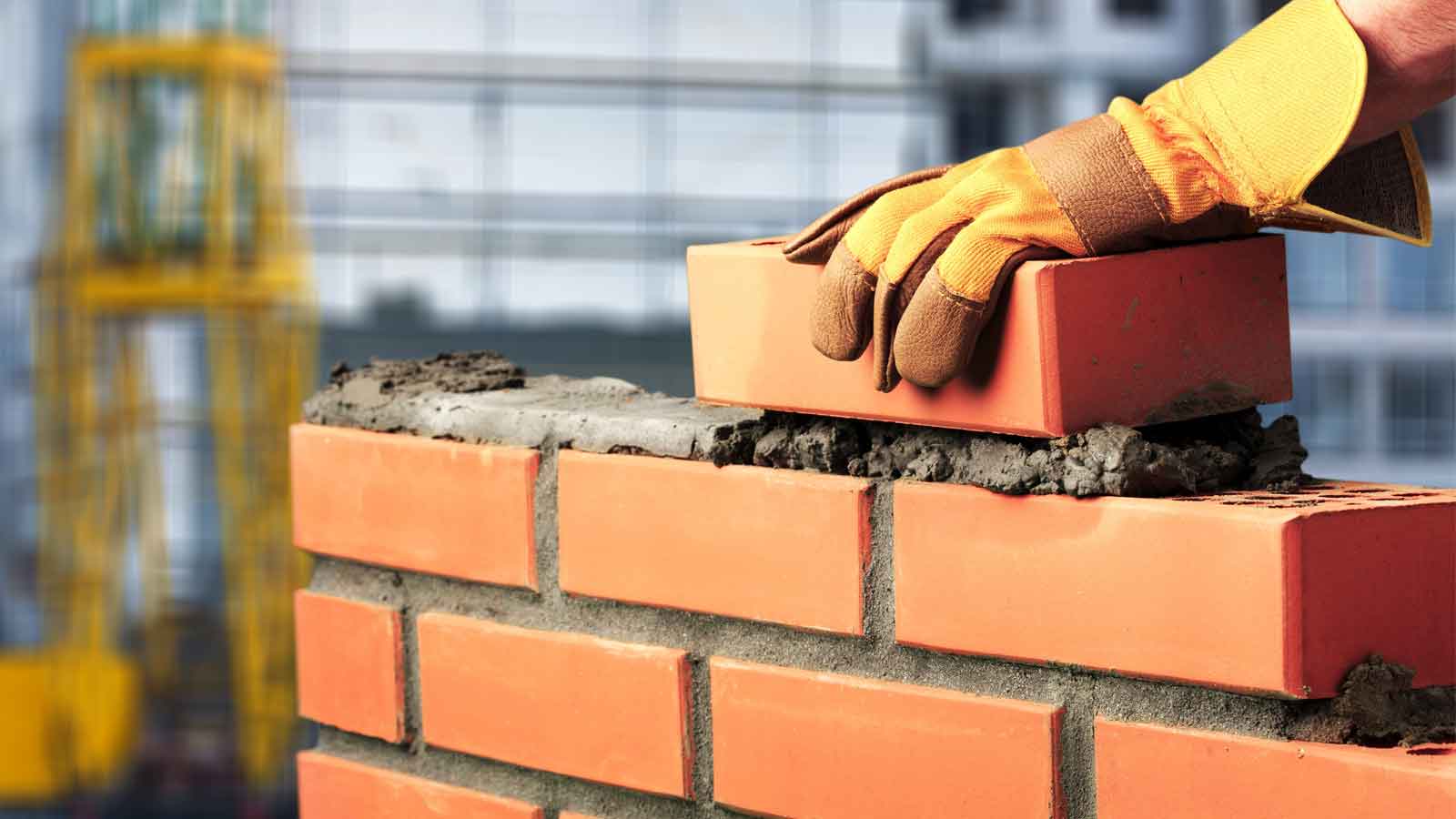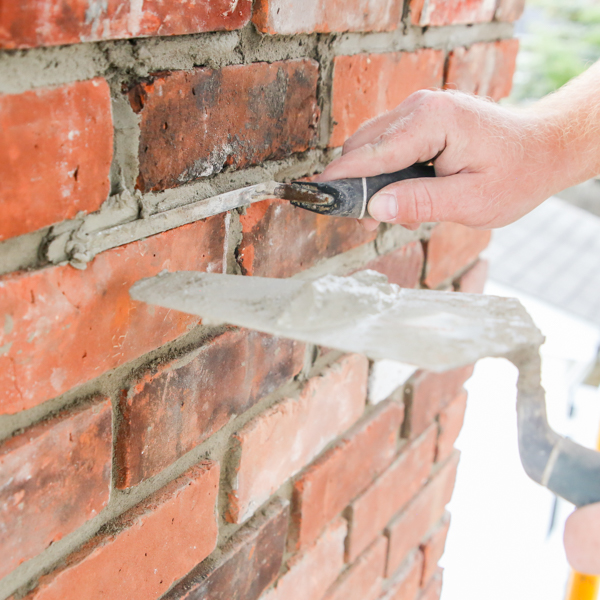Excellent Roofing Contractor Services for Your Home
Excellent Roofing Contractor Services for Your Home
Blog Article
Opening the Keys of Lasting Masonry Construction Practices for Eco-Friendly Buildings
In the realm of contemporary construction, the quest of lasting methods has actually become extremely important. Among the myriad methods to environmentally friendly building, lasting masonry building stands out as a tried and true and long lasting approach that holds a wealth of untapped potential. From the choice of products to ingenious construction techniques, the secrets to attaining sustainability within stonework construction are complex and intriguing. By exploring the advantages, materials, techniques, and future trends of sustainable stonework, a deeper understanding of just how these practices can shape the future of environmentally friendly structures arises.
Advantages of Sustainable Masonry Construction
Embracing lasting stonework building methods not only minimizes ecological impact but additionally offers lasting economic benefits to building contractors and areas. By utilizing materials like recycled bricks, obstructs, and rocks, contractors can dramatically lower the carbon impact of their projects while promoting resource efficiency. In addition, sustainable masonry construction strategies, such as correct insulation and thermal mass residential properties, can improve energy effectiveness within buildings, leading to lowered operational expenses in time.
Additionally, the sturdiness and durability of masonry structures add to long-term economic advantages. Structures created utilizing sustainable stonework techniques typically need much less maintenance and fixing, translating to set you back savings for builders and home owners. The longevity of masonry materials likewise guarantees that frameworks continue to be secure and secure, minimizing the requirement for constant restorations or substitutes.
Eco-Friendly Masonry Products
Using green stonework products is an essential action in the direction of enhancing the sustainability of building and construction methods and decreasing environmental impact while optimizing lasting financial advantages. Sustainable masonry products are sourced, created, and utilized in a way that reduces overall ecological impact. Materials such as recycled blocks, recovered rock, and lasting concrete blocks are coming to be significantly popular selections for eco-conscious builders. Recycled blocks, as an example, not just divert waste from land fills yet also need much less energy to generate compared to new blocks. Reclaimed stone supplies a distinct visual charm while lowering the need for new quarrying. Lasting concrete obstructs integrate recycled accumulations and might include improved insulation residential properties, adding to energy performance in structures.
Furthermore, all-natural materials like adobe, rammed earth, and straw bundles supply superb thermal mass residential properties, reducing the requirement for heating and cooling energy. These materials are typically locally readily available, advertising regional economic climates and lowering transportation-related carbon exhausts. By selecting eco-friendly stonework products, construction jobs can considerably decrease their environmental footprint and contribute to the creation of healthier, much more lasting built atmospheres.
Energy-Efficient Stonework Techniques
Power performance plays a critical role in boosting the sustainability of stonework building and construction techniques. By executing energy-efficient masonry methods, contractors can significantly lower the overall energy usage of a building, leading to lower functional prices and a smaller ecological impact. One key energy-efficient masonry strategy is using thermal mass, which includes incorporating dense products like concrete or block into the building's structure to absorb and store heat. This helps manage interior home temperature levels, minimizing the need for mechanical heating and cooling down systems.

Technologies in Lasting Stonework
Recent improvements in sustainable stonework practices have brought around innovative strategies that are reshaping the building and construction sector. One such innovation is the development of self-healing concrete, which makes use of microorganisms embedded within the concrete to recover splits autonomously. This breakthrough not only decreases maintenance costs however likewise improves the resilience of stonework frameworks, contributing to their sustainability.
An additional significant development is the usage of recycled aggregates in masonry construction - masonry contractor. By integrating products such as smashed ceramic waste or recycled glass into concrete blends, contractors can decrease the environmental influence of construction jobs while preserving architectural integrity. This technique not only draws away waste from garbage dumps however also saves natural resources, making it a vital innovation in sustainable stonework building and construction
Furthermore, the integration of electronic design devices, such as Building Details Modeling (BIM), is changing the way stonework frameworks are prepared and built. BIM allows for even more accurate estimations, reduced product waste, and improved energy effectiveness, inevitably causing more lasting building methods. These advancements jointly signify a promising future for sustainable stonework construction in the age of environmentally friendly buildings.
Future Trends in Stonework Sustainability
With the cutting-edge strides made in sustainable stonework methods, the future patterns in masonry Get More Info sustainability are poised to more click now change the building sector. Among the essential trends forming the future of stonework sustainability is the raised assimilation of innovation. Improvements such as Structure Information Modeling (BIM) and digital truth simulations are being utilized to optimize stonework construction processes, resulting in decreased material waste and improved power effectiveness in structures.
Additionally, the advancement of unique sustainable products is readied to play a substantial role in boosting the eco-friendliness of stonework building. masonry contractor. Developments like self-healing concrete, recycled accumulations, and bio-based binders are acquiring traction for their capability to decrease ecological impact while preserving structural stability

Conclusion
In conclusion, sustainable masonry building and construction practices use countless benefits for environmentally friendly buildings. masonry contractor. Developments in lasting stonework are continually being established to even more improve the ecological efficiency of structures.
Report this page